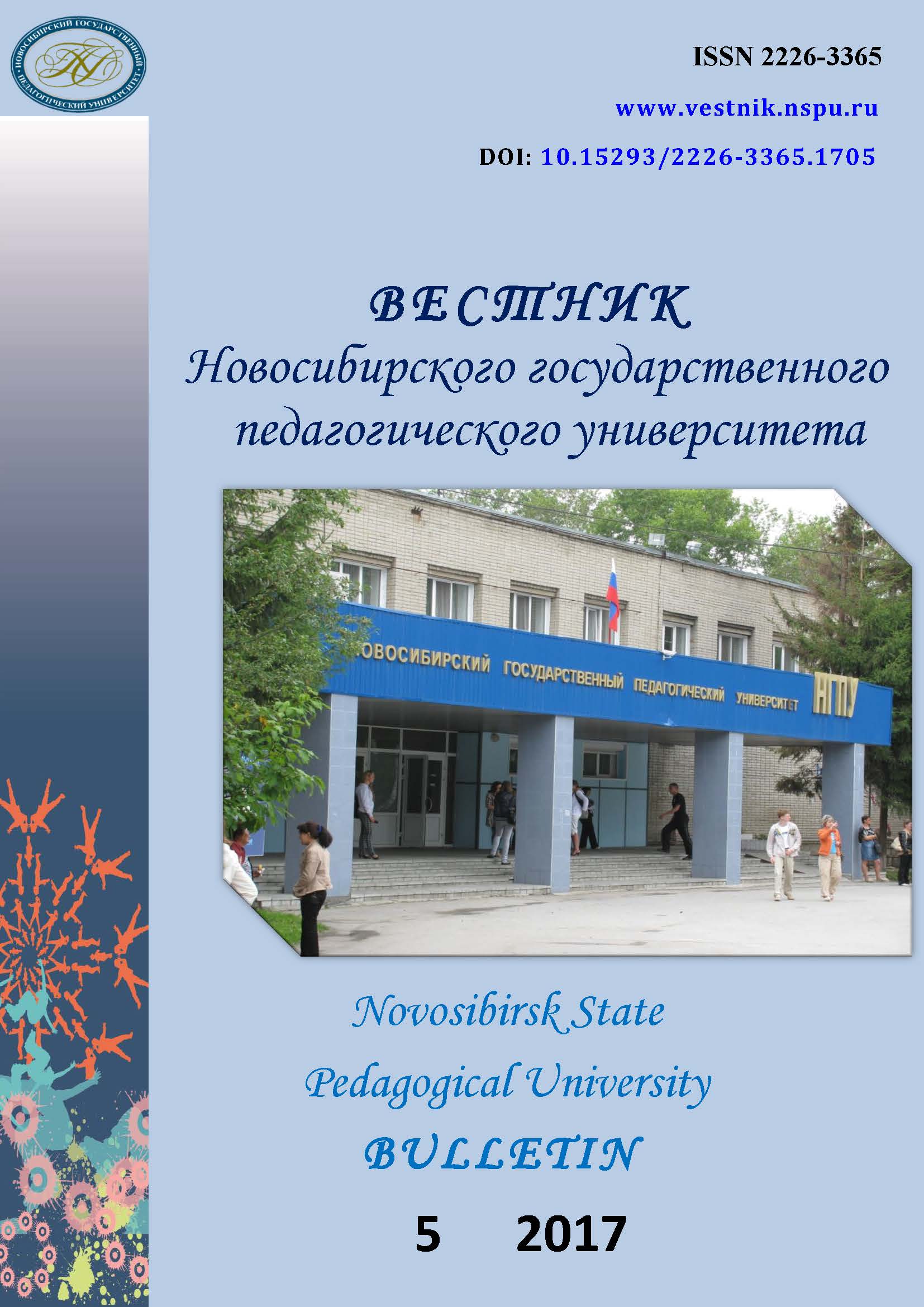Наставничество как особый вид педагогической деятельности: сущностные характеристики и структура
Mentoring as an educational activity: Essential characteristics and structure
Author(s): Elena Aleksandrovna DudinaSubject(s): Higher Education , Sociology of Education
Published by: Новосибирский государственный педагогический университет
Keywords: Mentoring; Mentoring activity; Mentor; Essential characteristic of mentoring; Structure of mentoring activity; Purpose of mentoring; Methods of mentoring; Role of the mentor
Summary/Abstract: Introduction. The article considers mentoring as a specific educational activity based on support and collaboration and aimed at meeting unique individual needs of its participants. The purpose of the article is to identify essential characteristics of mentoring which could be applicable to a wide range of mentoring contexts and to describe the structure of mentoring activity. Materials and Methods. The research methods include an analysis of a range of theoretical works by foreign and Russian scholars, generalization and systematization of obtained data.Results. The author clarifies and describes the structure of mentoring activity emphasizing the following components: participants of mentoring interaction (a mentor and a mentee), their specific roles, attributes, needs, and motives; factors contributing to successful and efficient mentorship; goals and results of mentoring activity; essential characteristics of mentoring activity and the main contexts of its fulfillment; and stages and methods of mentoring. The article attempts to provide a definition of mentoring, which summarizes its general characteristics and can be applied to various mentoring types and contexts. Conclusions. The paper concludes that mentoring is an educational activity based on a subject-subject interaction of two individuals: an older, wiser and more experienced mentor, willing to transmit his/her knowledge and wisdom, and a mentee, whose needs (cognitive, psychological, emotional, social, moral, educational, or professional) can be properly satisfied only in an encouraging developmental environment by means of individual guidance and support. Mentoring activity is characterized by collaboration, mutual interest, respect, trust and commitment, voluntary participation, empathy, and accepting the roles of mentors and mentees. Any mentoring activity focuses on fulfilling potential of a mentee, enhancing his/her autonomy, socialization, personal and / or professional growth and development. Mentoring activity occurs formally and informally in a wide range of educational, professional and social contexts.
Journal: Вестник Новосибирского государственного педагогического университета
- Issue Year: 7/2017
- Issue No: 5
- Page Range: 25-36
- Page Count: 12
- Language: Russian

